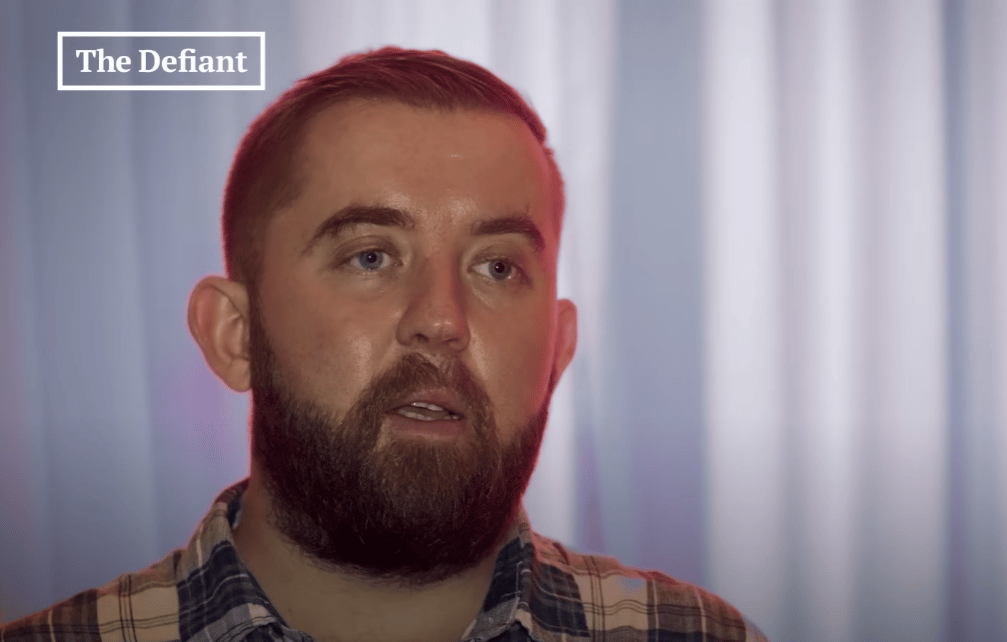Full video: https://www.youtube.com/watch?v=6gwJBV4KdIg
Q1: What are the benefits of tokenization as you see them?
A1: Nazarov explains that tokenization benefits include atomic settlement, improved collateral management, and 24/7/365 markets. He believes that eventually, all financial system value will be in tokenized form. Additionally, Chainlink provides a "unified golden record" by combining ownership rights and asset data into a single smart contract, which is continually updated.
Q2: What impact do you see tokenization having on traditional finance?
A2: Nazarov believes that tokenization will significantly impact traditional finance by reformatting value and enabling real-time understanding of asset status, leading to better risk management. He compares this shift to the previous transition from paper to digital formats and emphasizes the importance of managing risk and return in financial markets.
Q3: How do you think implementing cross-chain is going to change the way tokenization is perceived?
A3: Nazarov explains that cross-chain functionality is crucial for the development of tokenization. He discusses the challenges in both the public blockchain (Web3) and private blockchain (capital markets) worlds and how Chainlink's CCIP (Cross-Chain Interoperability Protocol) aims to securely connect different blockchains. The goal is to create a single global "Internet of contracts" where all public and private chains are interconnected, and value can flow seamlessly between them.
A4: Nazarov mentions that the usage of Chainlink is picking up again, and the system is scaling to meet the growing demand for Web3, DeFi, and RWA applications. Some parts of the Chainlink system are able to provide the necessary data and services, while others are still being deployed and connected to more places.
Q5: What do you think is driving Dubai's positioning as a global hub for technological innovations like tokenization and blockchain infrastructure?
A5: Nazarov believes that certain parts of the world, like Singapore, Hong Kong, and Dubai, create neutral commercial environments that turn them into hubs for shipping, finance, and technology. He praises Dubai's efforts in fostering a collaborative environment that encourages people to build cutting-edge technologies without fear or constraints.
A6: Nazarov and Dr. Marwan Alzarouni found common ground on how the industry has evolved and where it needs to go next. They agreed on the importance of the crypto industry interacting with the capital market, banks, and asset managers in a compliant way to graduate to the next level and accommodate larger amounts of value.
Q7: What do you think are the major hurdles that stand in the way of broader adoption of technologies like tokenization and RWAs, and how is Chainlink working on addressing them?
A7: Nazarov identifies the crypto world's user experience as one of the main problems, which Chainlink is not directly working on. Instead, Chainlink focuses on solving backend infrastructure, data formatting, data standardization, and connectivity issues. This involves connecting various systems, such as SWIFT and exchanges, to blockchains and enabling interoperability between different blockchains.
Q8: Out of all the things you're working on, which one excites you the most?
A8: Nazarov expresses excitement about the potential to connect the world's largest financial infrastructures into a single internet of contracts that can onboard tens of trillions of dollars in value into the blockchain format. He envisions a future where the same standards allow Web3 and the bank chain world to operate and eventually interoperate, forming a single internet of contracts.
Q9: How might this end state that you're describing be beneficial for individuals versus institutions?
A9: Nazarov explains that the end state will be massively beneficial for individuals because they will have private key control over their assets, experience fewer systemic financial failures in developed markets, and gain access to a functioning economic system in emerging markets. He compares this shift to the impact of telecommunications and the internet on people's lives.
Q10: Do you have any final remarks on the state of the industry, the future of the industry, Chainlink, or RWAs?
A10: Nazarov emphasizes the importance of focusing on what is being created in the industry despite its cyclical nature. He stresses the significance of taking security seriously, as the industry's success will depend on its ability to secure value over time. Nazarov believes that the crypto industry is at the beginning of a new chapter, where real transactions and value will start flowing from multi-trillion dollar banks and institutions to public chains, marking an exciting time for the industry.

